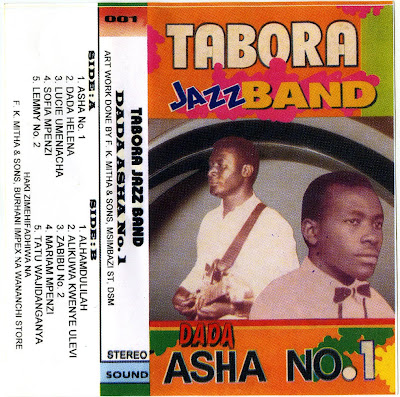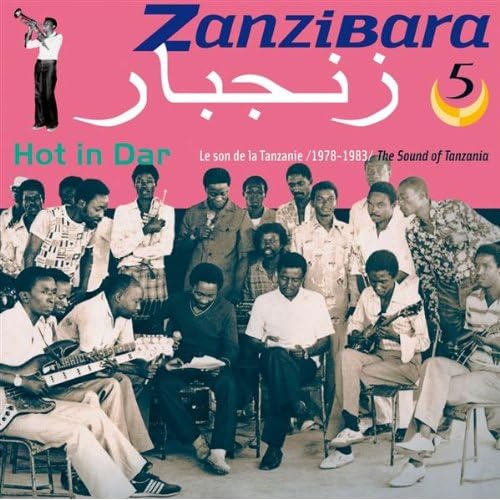William J. Malecela
R I P
- Apr 27, 2006
- 26,588
- 10,375
- Thread starter
- #41

Mohammed Issa Matona
Mohammed Issa Matona is a Tanzanian cultural icon from the island of Zanzibar whose music is celebrated the world over and today's track, Msumeno is probably the best known piece of music thanks to it's inclusion in the 2005 CD [ame="http://www.amazon.com/Rough-Guide-Tanzania-Various-Artists/dp/B000EHQ7NS"]Rough Guide to the music of Tanzania[/ame] and the 2005 CD [ame="http://www.amazon.com/Rough-Guide-World-Various-Artists/dp/B000M5AKJE"]Rough Guide: World Party[/ame]. And the tone of the music, as I am sure you have guessed by now, is … wait for it… mellow.
Since many of you have heard this track though, I will throw a twist into the mix with a track from 30 years before Msumeno, the 1975 track Mzigo from Issa Muhamad - whom almost certainly is not Issa Matona the Senior but my research was not able to come up with any conclusive evidence one way or the other.

























